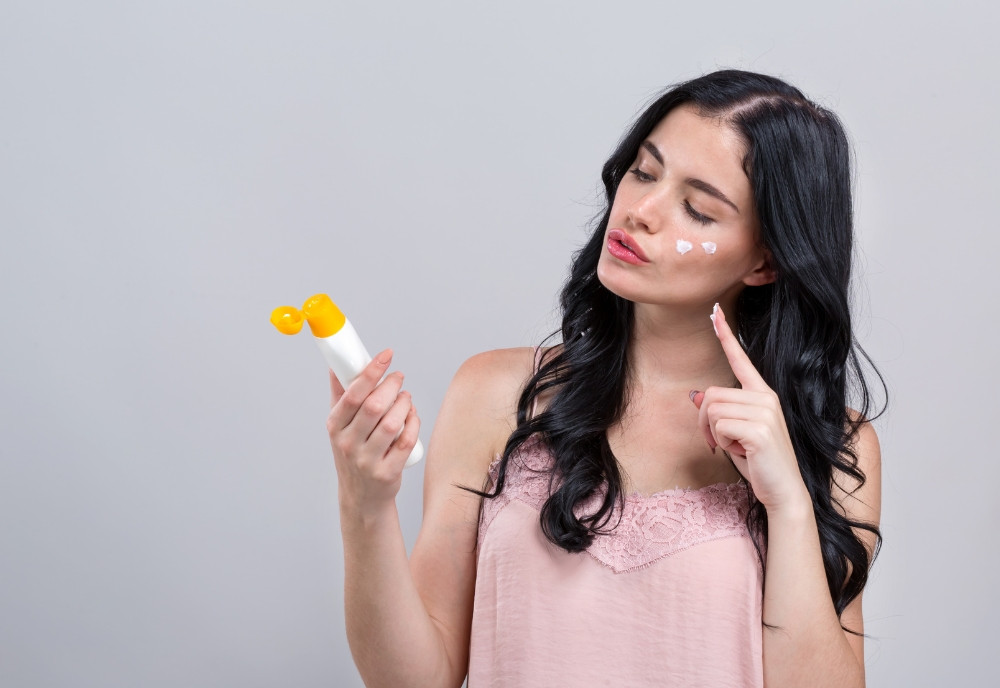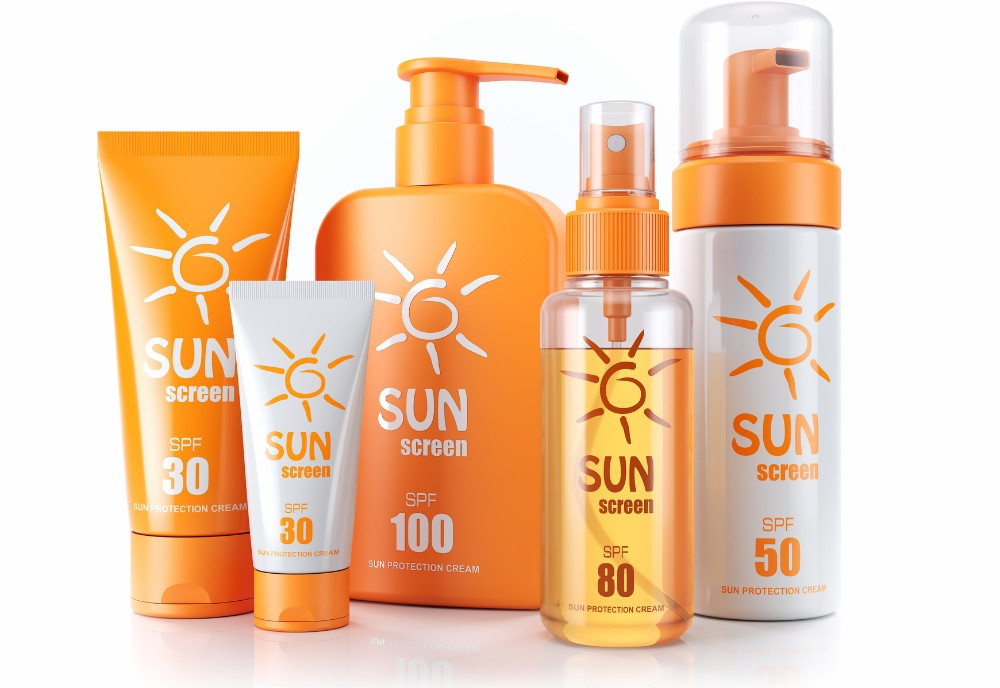Before exploring sunscreens for sensitive skin, let's first understand whether this skin type can use sunscreen.
Sensitive skin is often “difficult to manage”—it is fragile and very prone to irritation from external environmental factors. Signs of sensitive skin may include redness, flaking, itching, tightness, and irritation. Given these characteristics, can sensitive skin use sunscreen?
Due to its susceptibility to environmental factors such as sun, wind, and harmful substances, using sunscreen for sensitive skin becomes more crucial than ever.
For individuals with sensitive skin, it is recommended to use sunscreen with an SPF of 30 or higher to protect against the harmful effects of sunlight, including UV rays that can cause dark spots, skin discoloration, and premature aging.
With this information, we can conclude that sensitive skin can indeed use sunscreen. The use of sunscreen is essential for all skin types, especially for sensitive skin.

Using sunscreen for sensitive skin is essential and important. So how should we choose sunscreen for sensitive skin? Here are some criteria to consider when selecting a product suitable for your delicate skin:
Sensitive skin is very prone to irritation, so you should opt for sunscreens with gentle and safe ingredients such as zinc oxide (ZnO) and titanium dioxide (TiO2).
In addition to protecting and caring for your skin, you can choose products containing nourishing ingredients like vitamin E, beta-carotene, and retinyl palmitate to provide hydration and prevent dryness, itching, and burning, enhancing the effectiveness of sun protection.
Furthermore, when selecting sunscreen for sensitive skin, be sure to avoid products containing:
If possible, use physical sunscreens or chemical sunscreens specifically formulated for sensitive skin to ensure safe and effective protection.
For sensitive and thin skin, you should select sunscreens with an SPF of 30 or higher. Prioritize broad-spectrum sunscreens to enhance protection against harmful sun rays and UV radiation. Additionally, choose sunscreens from reputable brands with clear origins to ensure quality and safety.

For sensitive skin that is prone to irritation, choosing sunscreen specifically designed for thin skin requires careful consideration. It’s essential not only to find products that protect the skin but also to avoid causing irritation. Therefore, you should choose trustworthy and reputable brands with clear quality standards. Additionally, ensure that the products are safe, gentle, and derived from natural ingredients.
Once you have selected the right sunscreen for sensitive skin, keep the following points in mind when applying it:
I hope the information in this article helps you understand whether sunscreen is suitable for sensitive skin and how to choose the right type for this skin type. This knowledge will assist you in effectively caring for and protecting your skin. If you are unsure about choosing products or the appropriate skincare routine, it's advisable to visit medical centers or dermatology clinics for consultation and recommendations from doctors and dermatology experts to ensure the best protection and care for your skin.
19
Useful article?
Useful article?
19
Useful article?